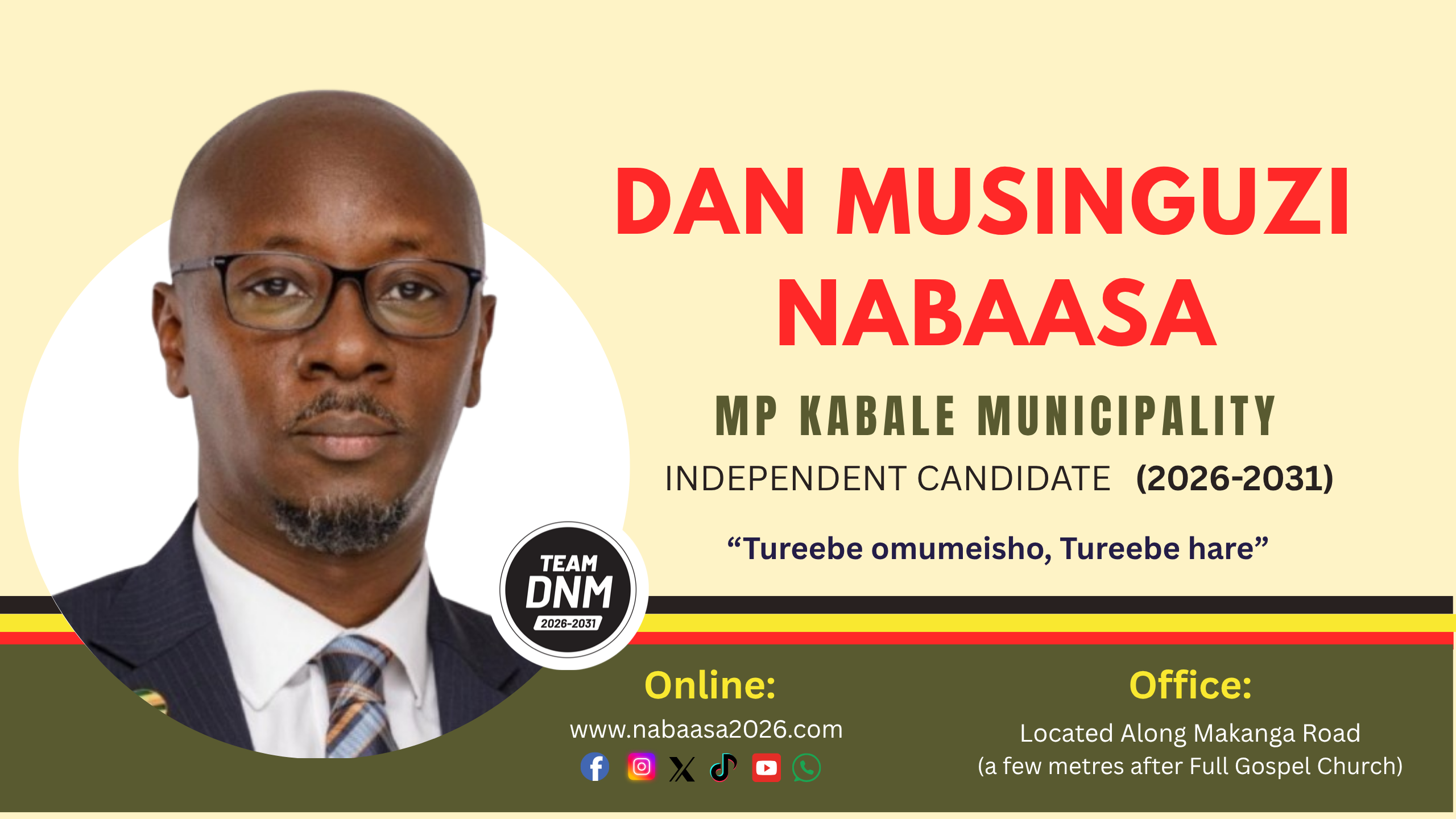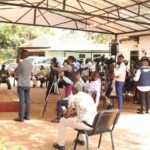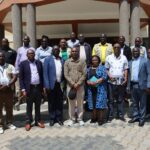
The government has rejected a proposal by Ugandan artists to impose a copyright levy on electronic devices such as phones and computers, arguing that the measure would drive up gadget prices and slow down the country’s digital transformation.
The position was presented by Mercy Kainobwisho, Registrar General of the Uganda Registration Services Bureau (URSB), while appearing before the Legal and Parliamentary Affairs Committee on August 21, 2025. She was responding to concerns raised over provisions in the Copyright and Neighbouring Rights (Amendment) Bill, 2025.
Kainobwisho noted that although the levy is legally permissible, government believes it would be counterproductive.
“The proposal affects the cost of gadgets, which in turn hinders digital penetration. ICT is a key driver of socio-economic development, and we cannot afford to frustrate it,” she said.
The remarks came after artists appealed to MPs last week to introduce a levy on devices such as smartphones and computers. Proceeds would be channeled to content creators as compensation for private, non-commercial copying of their works.
Some MPs argued the levy could be introduced without significantly raising gadget prices. But Deputy Attorney General Jackson Kafuuzi disagreed, warning that the measure would discourage ICT adoption.
“This proposal will increase the cost of gadgets at a time when we should be encouraging every Ugandan to embrace digital technologies,” he told the committee.
Debate on Copyright Registration
The committee also tasked government to respond to artists’ objections to a clause requiring creators to register their copyright works and related contracts.
Defending the provision, Kainobwisho said registration strengthens legal protection during disputes.
“It isn’t mandatory to obtain a certificate, but registration provides the legal weight necessary to prove ownership in court,” she explained.
However, the Law Development Centre (LDC) opposed the requirement, saying it contravenes Section 3(2) of the Principal Act, which bars formalities as a condition for copyright protection.
LDC further argued that it violates the Berne Convention, to which Uganda is a signatory, since copyright is automatic upon creation.
Kainobwisho countered that the registration system was not restrictive but protective.
“We beg to maintain that registration of assignments, licences, and transfers be upheld. This system has been tested since the 1960s and continues to benefit copyright owners,” she said.
Calls for Independent Copyright Body
Meanwhile, artists and legislators who double as musicians, Hillary Kiyaga (Mawokota North) and Rachel Magoola (Bugweri Woman MP), criticised the Bill for failing to establish an independent copyright management body, the National Copyright Information Centre.
Instead, the Bill gives powers to the URSB Board of Directors to appoint assistant registrars, copyright inspectors, and other officers.
Kiyaga argued that without an independent body, artists’ challenges will persist.
“The Bill in its current form does not solve the problems of content creators. The weakness has always been the absence of a strong system to enforce copyright law,” he said.
The Source Reports.
We come to you.
Want to send us a story or have an opinion to share? Send an email to [email protected] or WhatsApp on +256742996036.
























